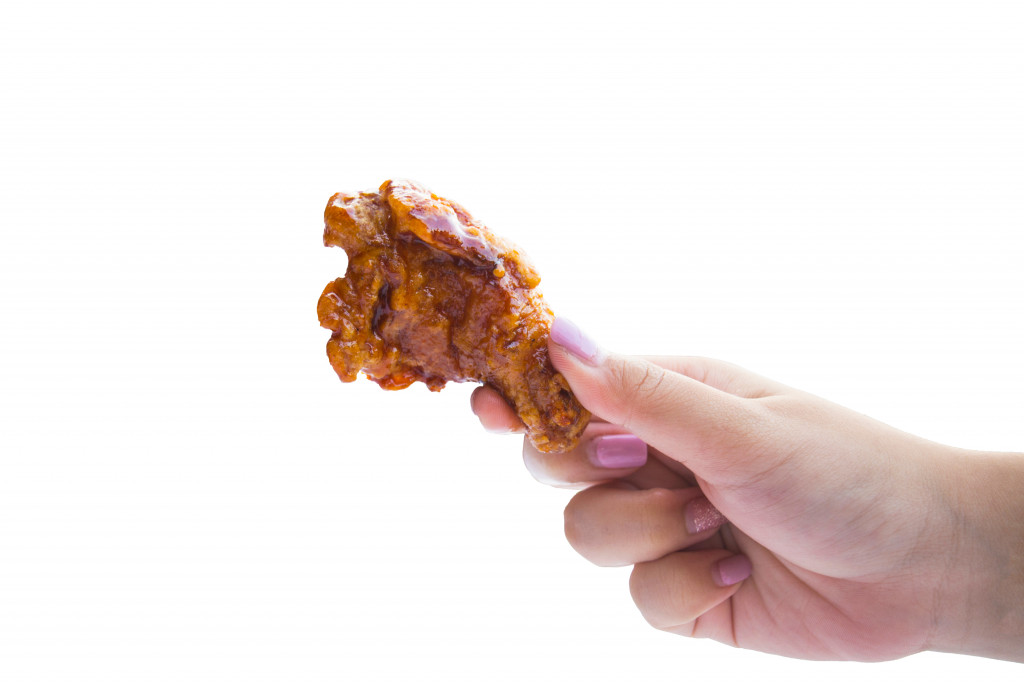Food pushers are diet saboteurs.
They insist on filling your plate or suggesting a new dish, even when you’re doing your best to stay healthy or lose weight. These food pushers can be anyone — a friend who likes trying out different cuisines, your colleague at work who loves baking sweet treats or your kind aunt who brings you her famous (but possibly fattening) banana bread.
Take note, though, that many of the food pushers in your life aren’t sabotaging your efforts to stay fit deliberately. They push food as a way to show their love or want praise or approval for their culinary skills.
If you need help declining the requests of food pushers in your life, take note of these suggestions:
-
Get the Food to Go
When a friend of a family member is offering seconds one too many times, ask for them to wrap up the meal, so you can take them home. You can always tell them that you want to enjoy the food later — or say that the food is so good that you’ll want to share them with your friends.
Whether you eat the “takeout” or give it to someone else is up to you. Remember that there’s no peer pressure when you’re alone.
-
Inform Them About Your Food Allergies
If you’re taking allergy meds or getting treatment for food intolerance, you could use your condition to say “pass” on food you can’t handle. You could also use your food allergies as an excuse to skip certain meals. If you’re allergic to seafood and you’re being offered shrimp, for instance, just let the host or server know about your health condition.
-
Chew the Food Slowly
Chewing your meal slowly has many benefits. You get to cut down your calorie intake dramatically. What’s more, you keep food pushers at a distance. They’re more likely to serve guests who have an empty plate.
If your host insists on giving you more, you could say, “I’m still chewing my food.” If they comment on you being a slow eater, just let them know that you don’t want to get indigestion.
-
Be Kind but Firm When Rejecting Food

When people offer you a meal you don’t want, they may feel that you’re rejecting them too when you say no. You need to be sensitive to that.
If you’re offered something you’d rather not consume, pick phrases that make your point, but still acknowledges the feelings of the person.
Here’s a sample statement you could use:
“Your food looks amazing. I wish I had room, but I’m really loving this [insert other food here].”
When your friend or family member offers a second helping you don’t want or need, keep your reply in the past tense. This gives your statement a sense of finality. Consider this statement: “Your food sure was tasty, but I’ve had enough.”
-
Eat Tiny Portions
If you anticipate a dessert offer that you are unable to refuse, do your best to consume smaller portions of higher-calorie items during your meal. Then, take a small portion of the dessert.
When you take the first few bites, make sure that you give the chef or host your compliments. The person will less likely to assume that you didn’t like the dish when you say that confident “no” to a second helping.
-
Stay Consistent
You need to stay consistent when you decline food. If you say “yes” on the third, fourth or fifth try, the host will know that all they have to do is ask you constantly until you give in. So stick to your answer at all times.
-
Thank and Redirect
This strategy is simple. First, thank the person for their offering. Next, redirect them to what you’d like to eat on the table. You shouldn’t have to eat what you don’t want.
Here’s an example: “Thanks for whipping up these amazing burgers, but I’m actually interested in the macaroni salad you made. May I have that instead?”
-
Change the Subject
Some food pushers constantly talk about the food. They’d go on and on about how much time they took preparing the meal that you and your guests are going to eat. If they’re offering you seconds, thank them briefly. Then, change the subject. Divert their attention by talking about something not related to food.
Here’s a sample statement: “Hey, thanks for the invite and the meal. So, how’s [insert name of friend or family member here]? I haven’t heard from them in a while. Are they doing ok?”
Don’t allow food pushers to ruin your diet and your health. Use these strategies when you join your next feast or dinner.

